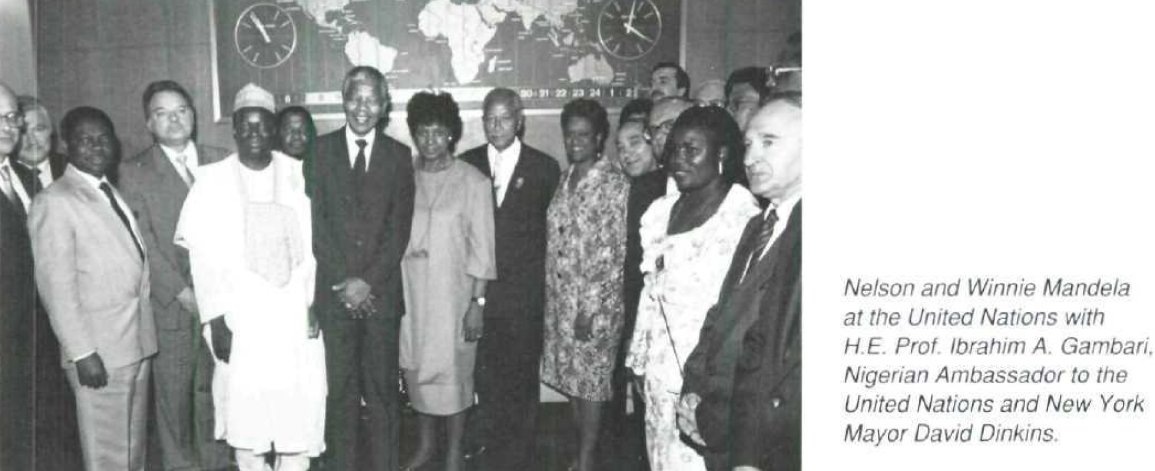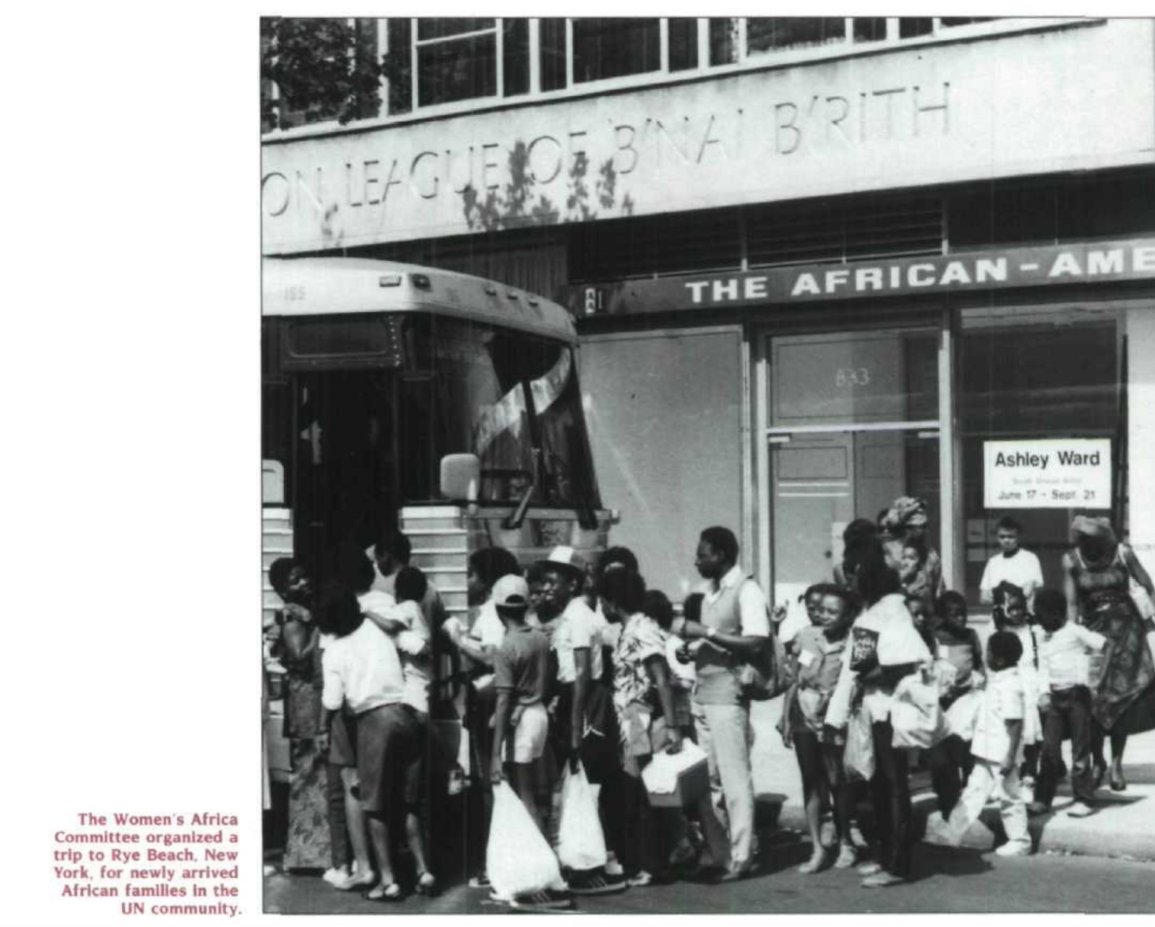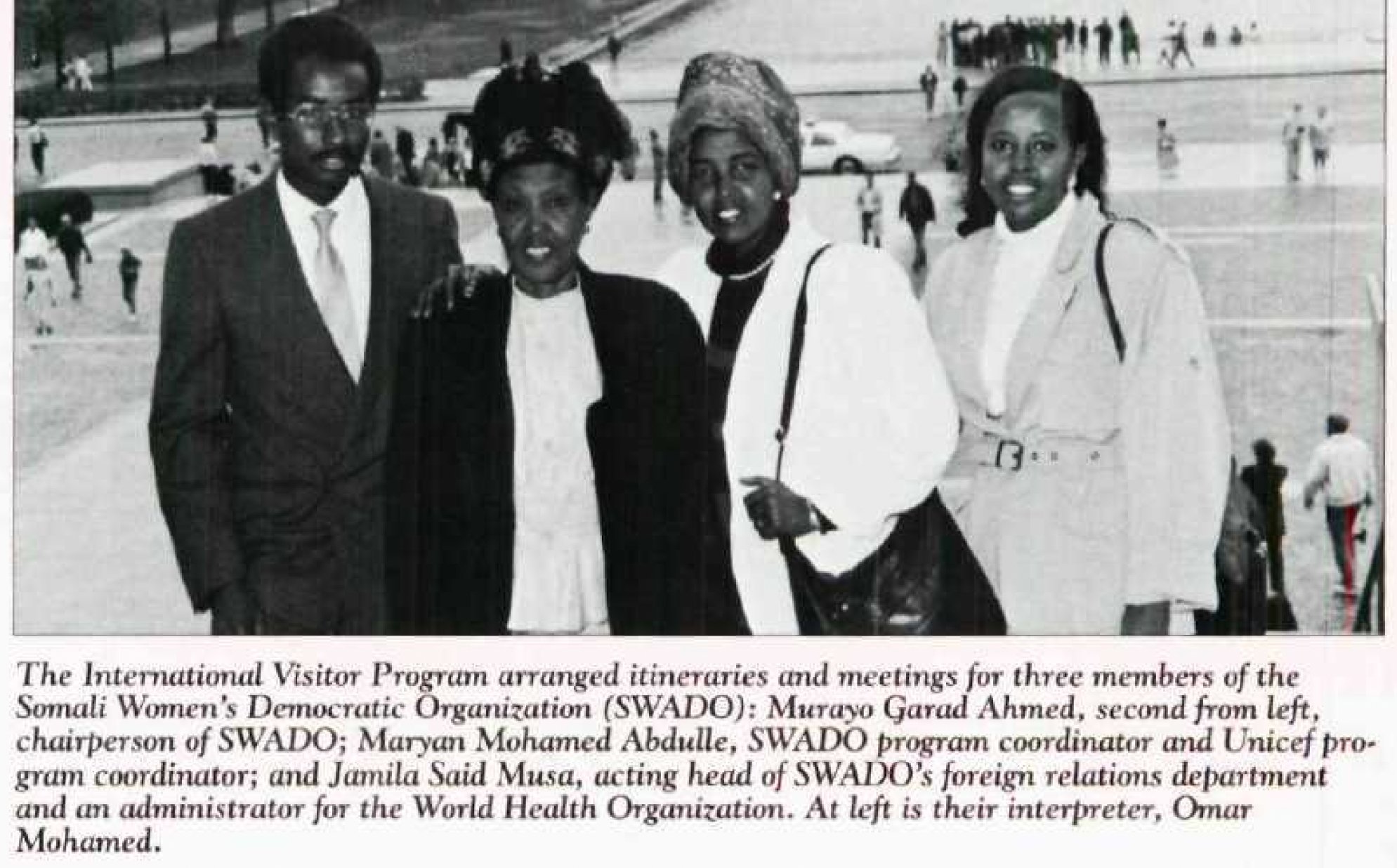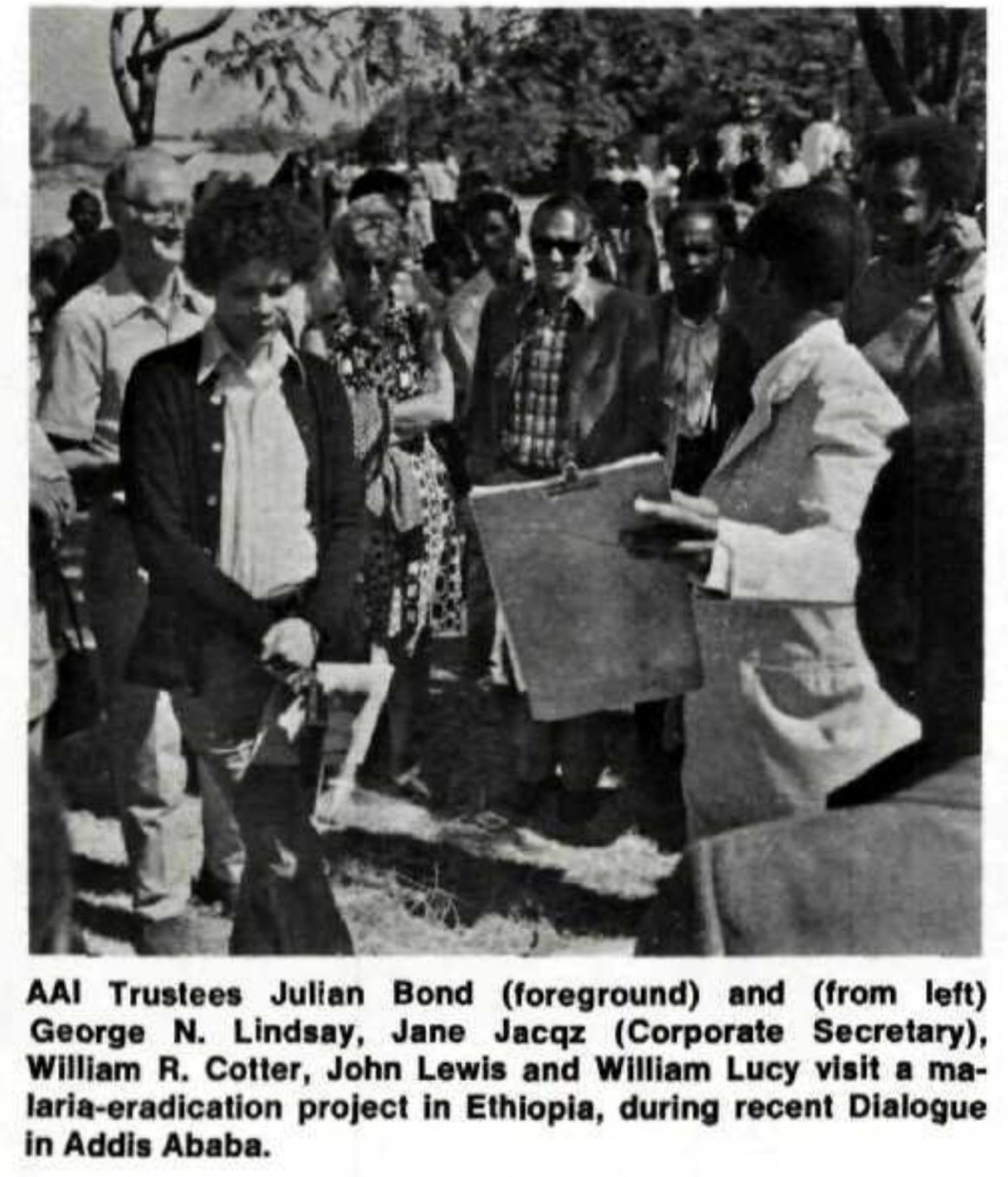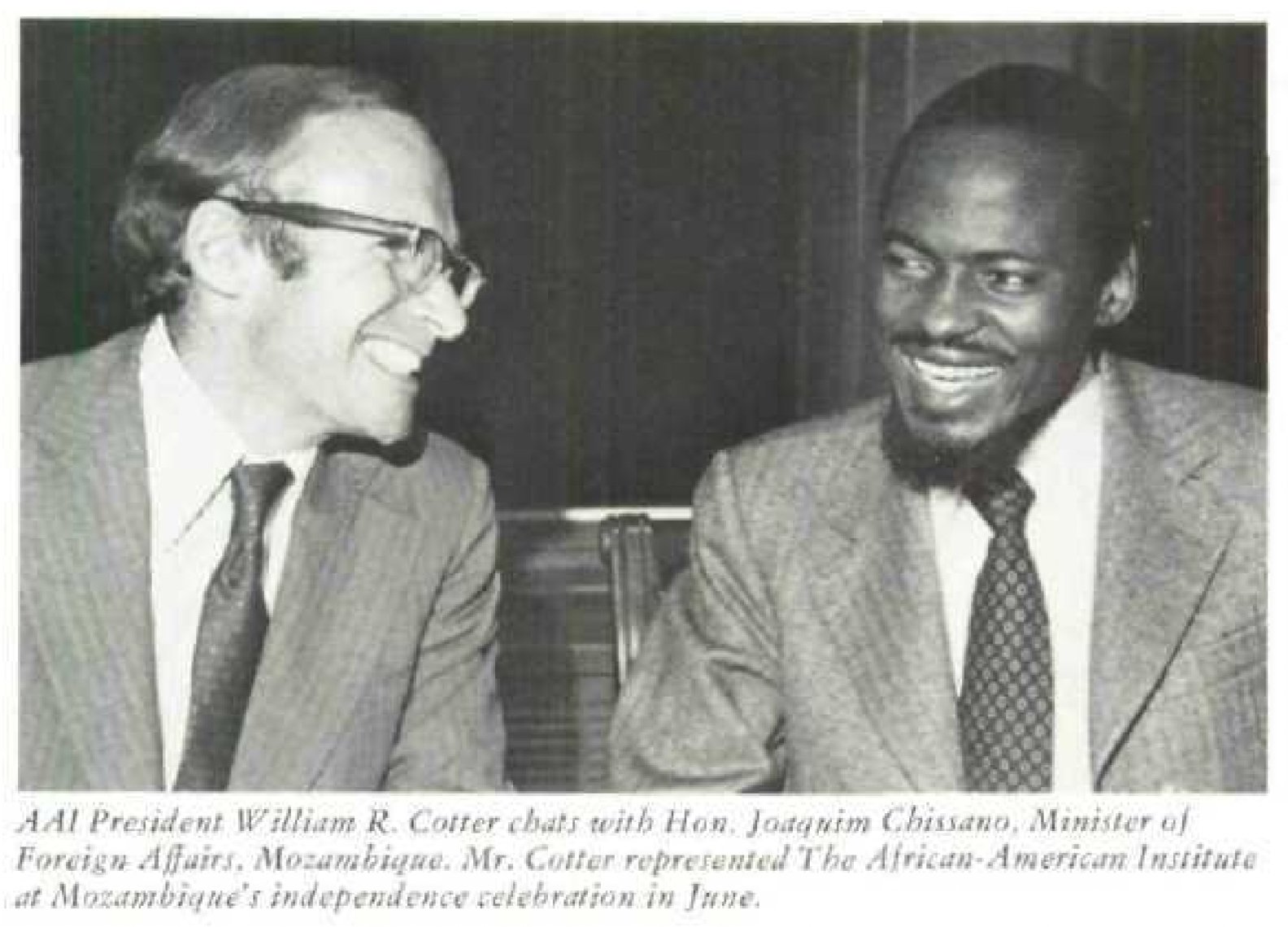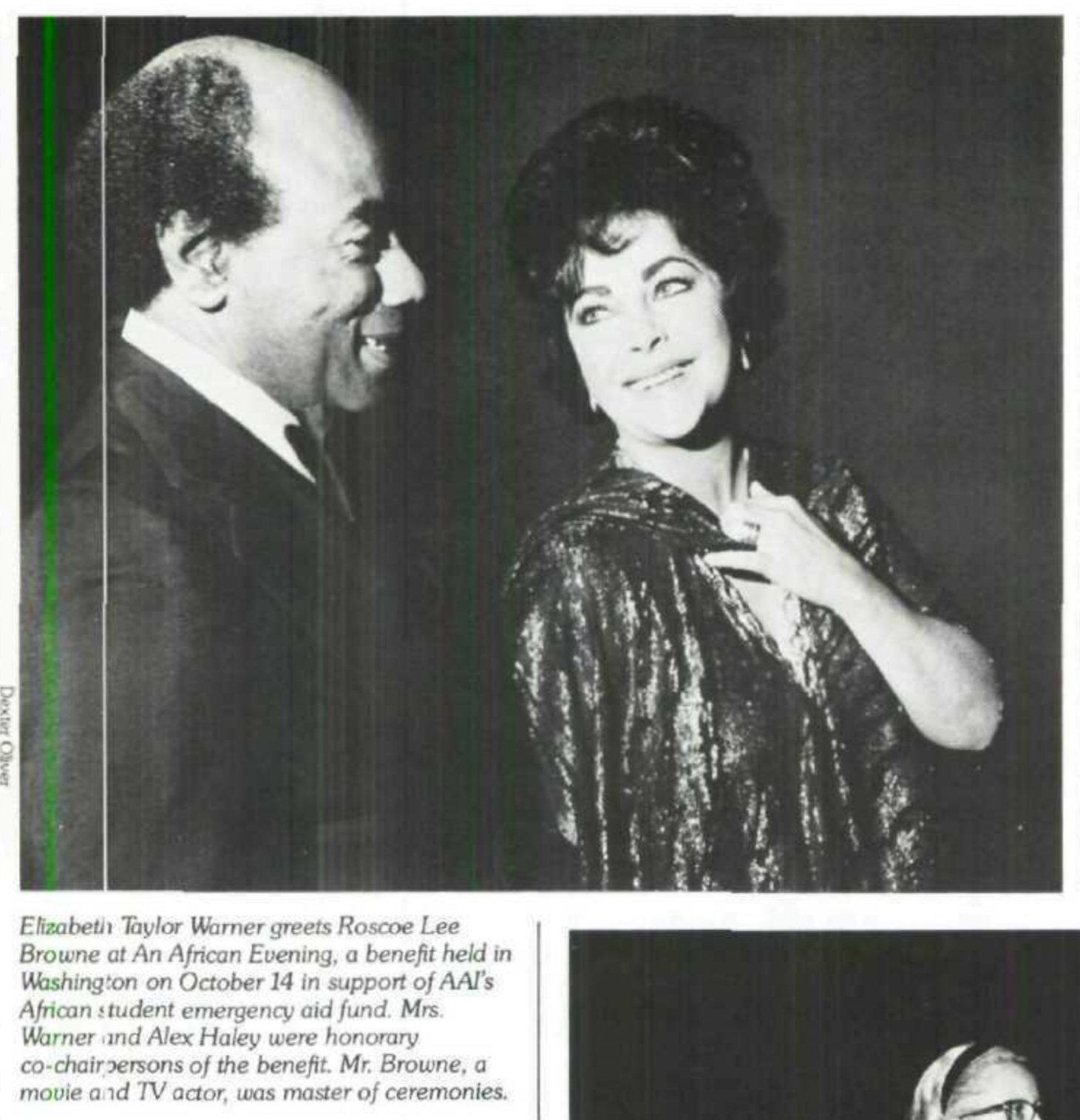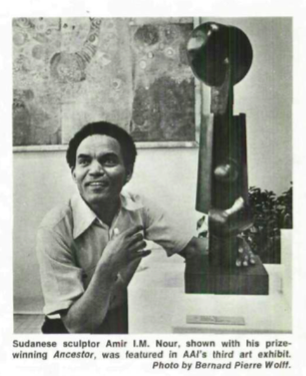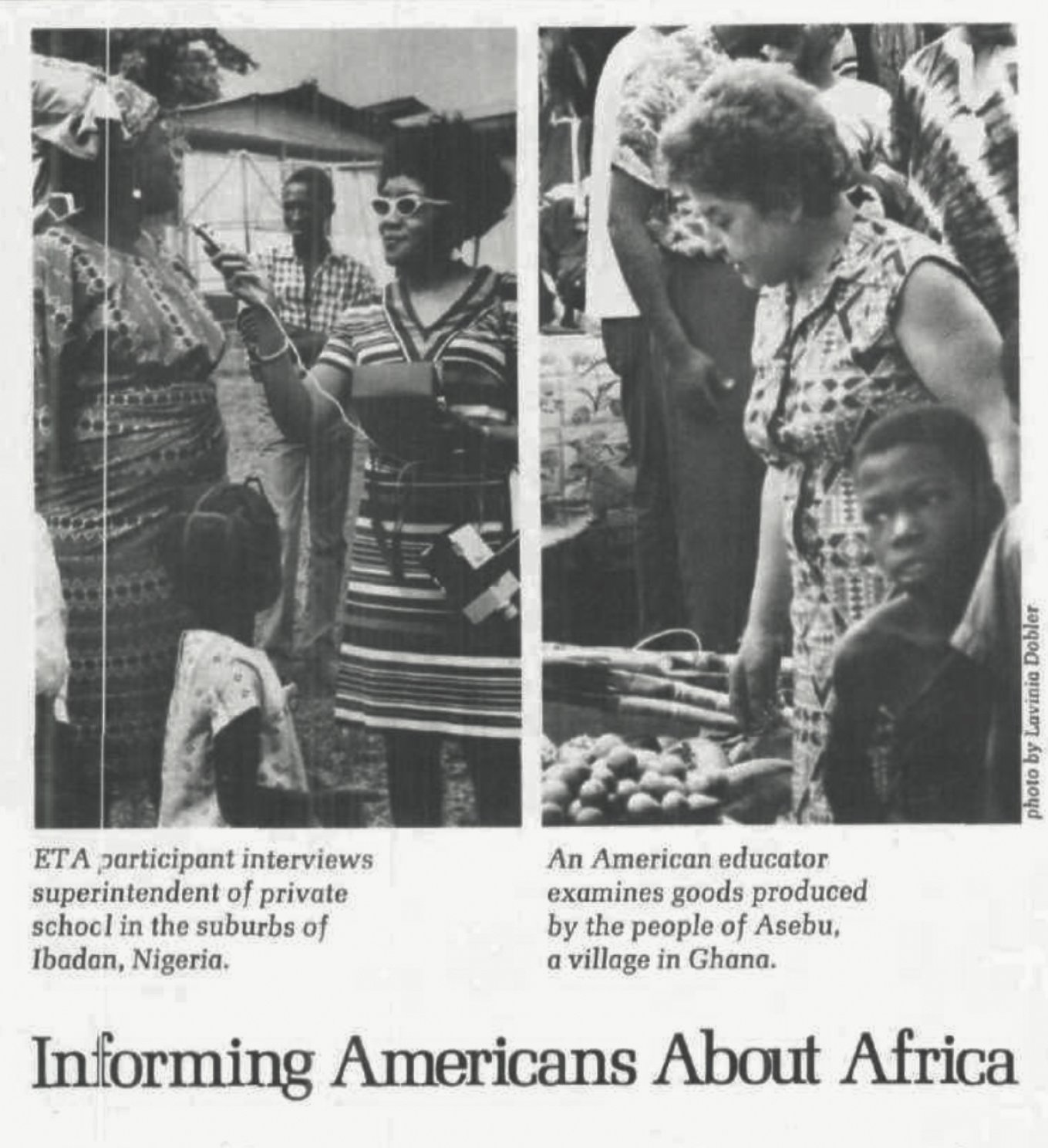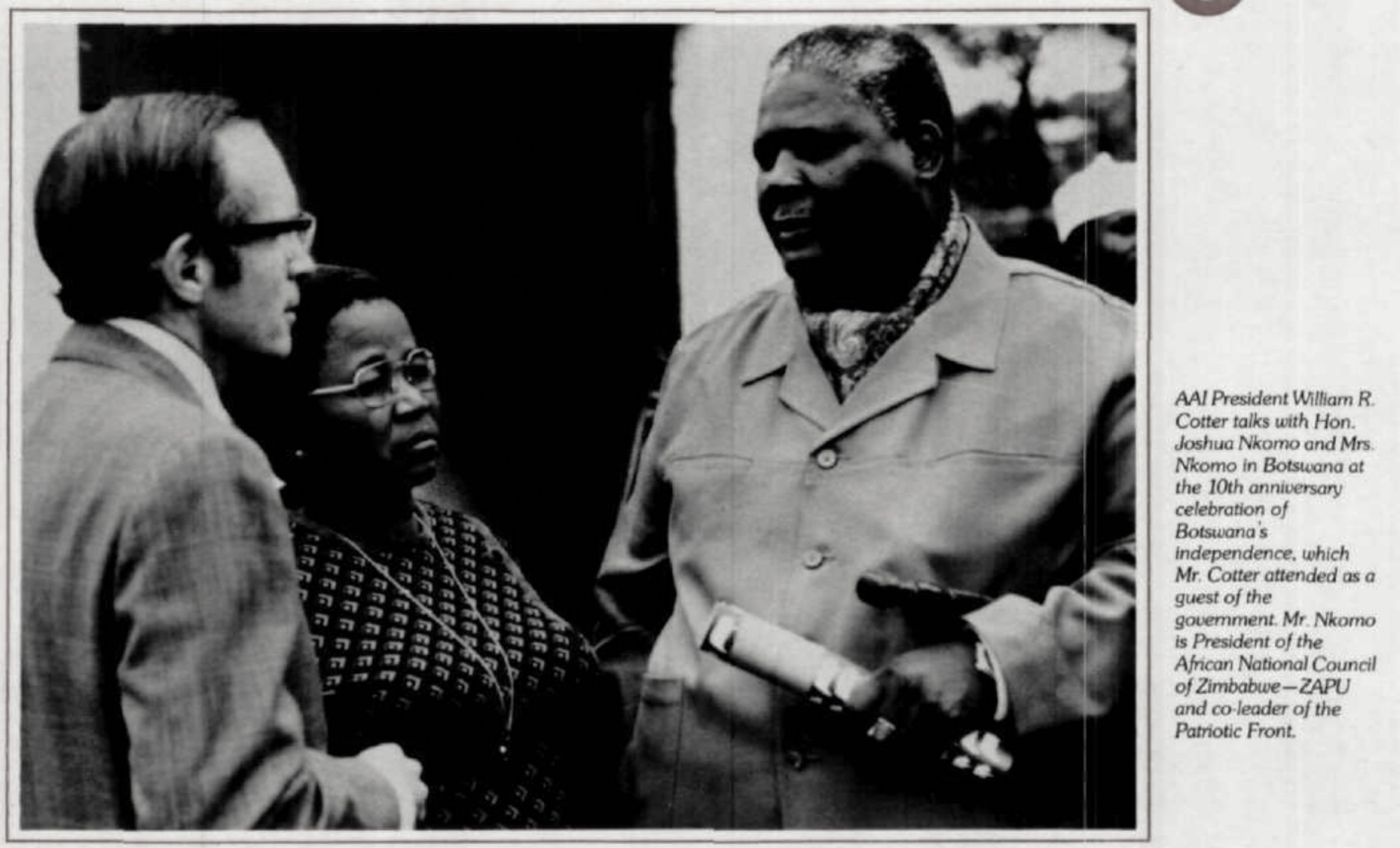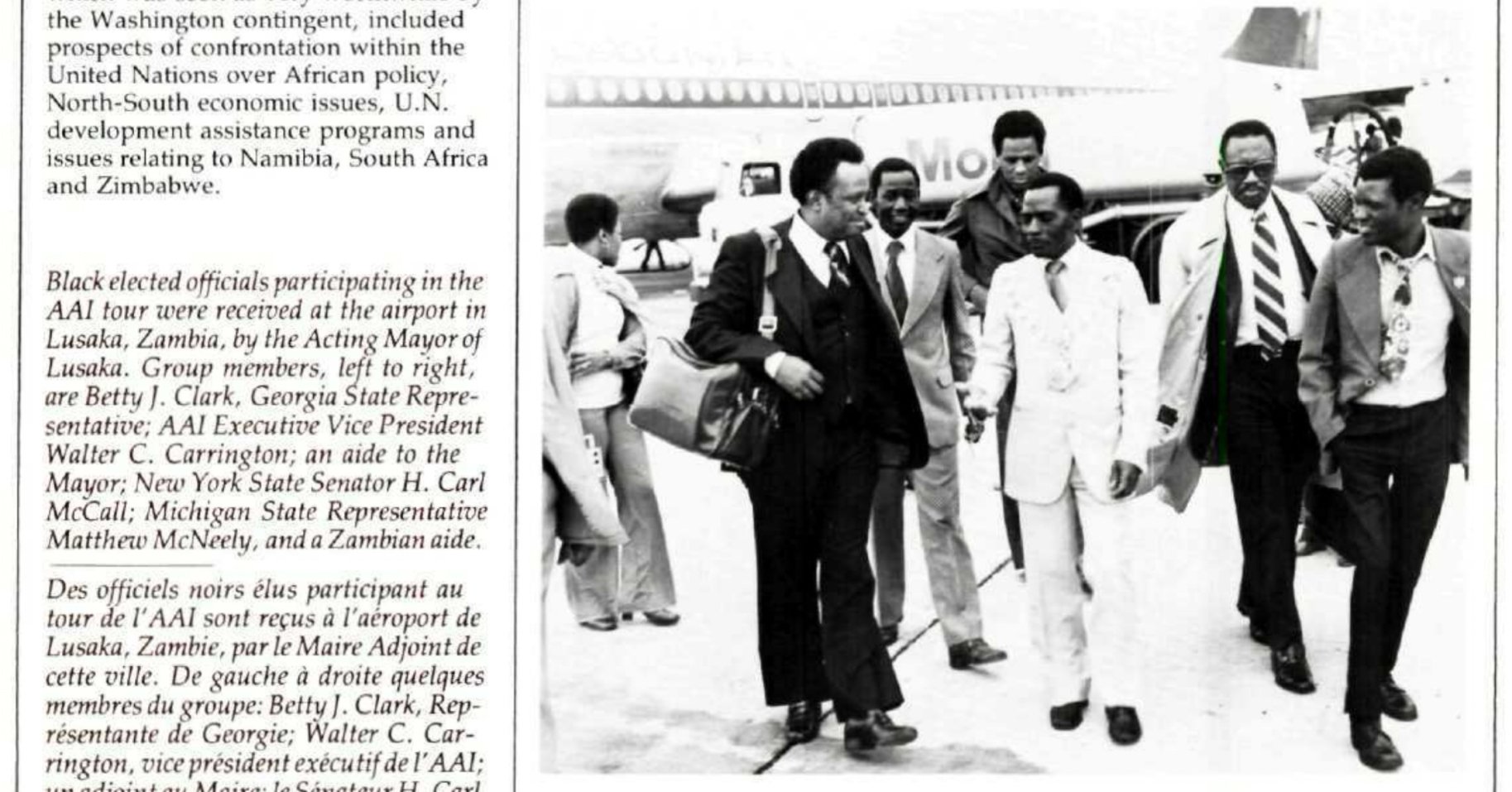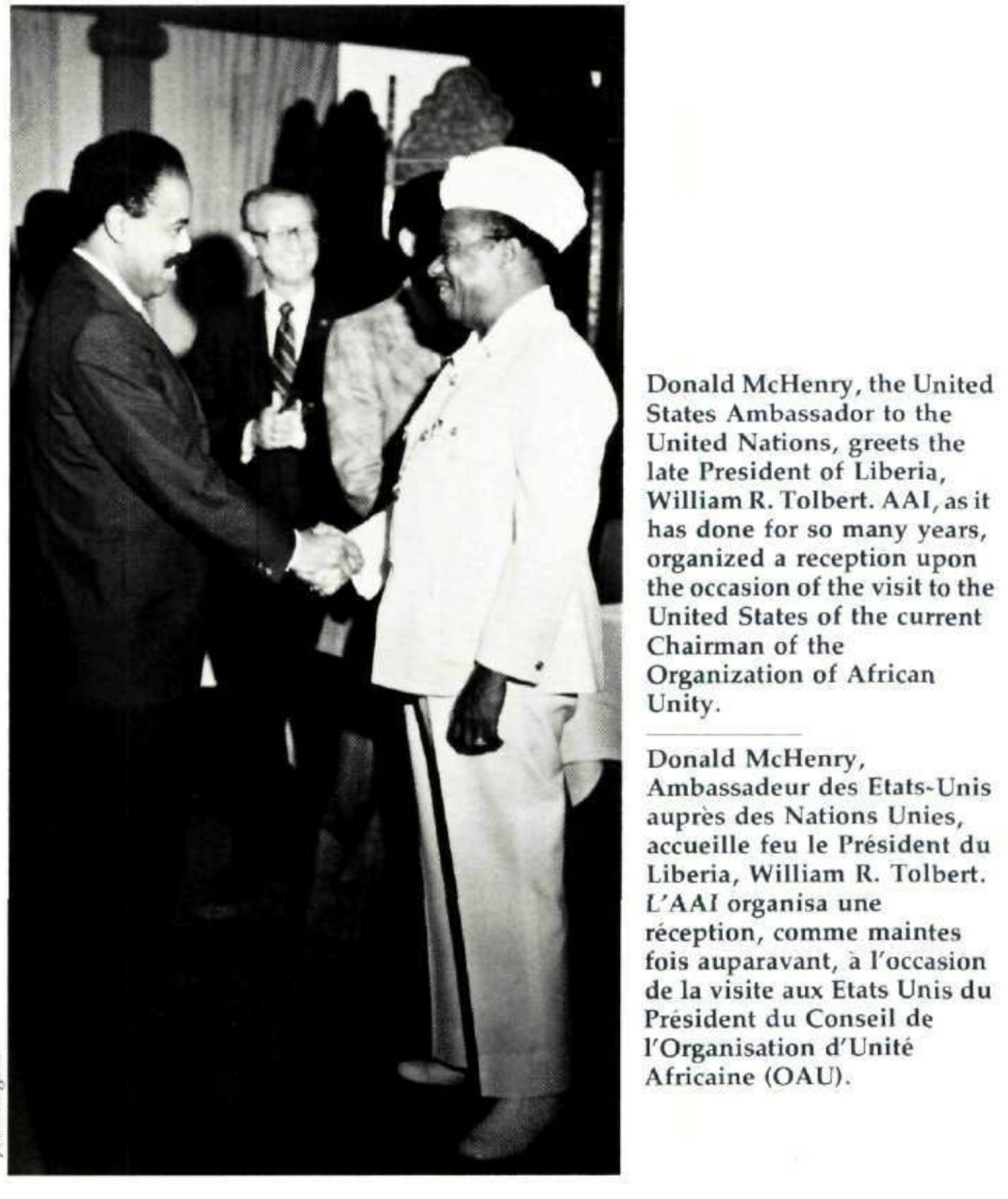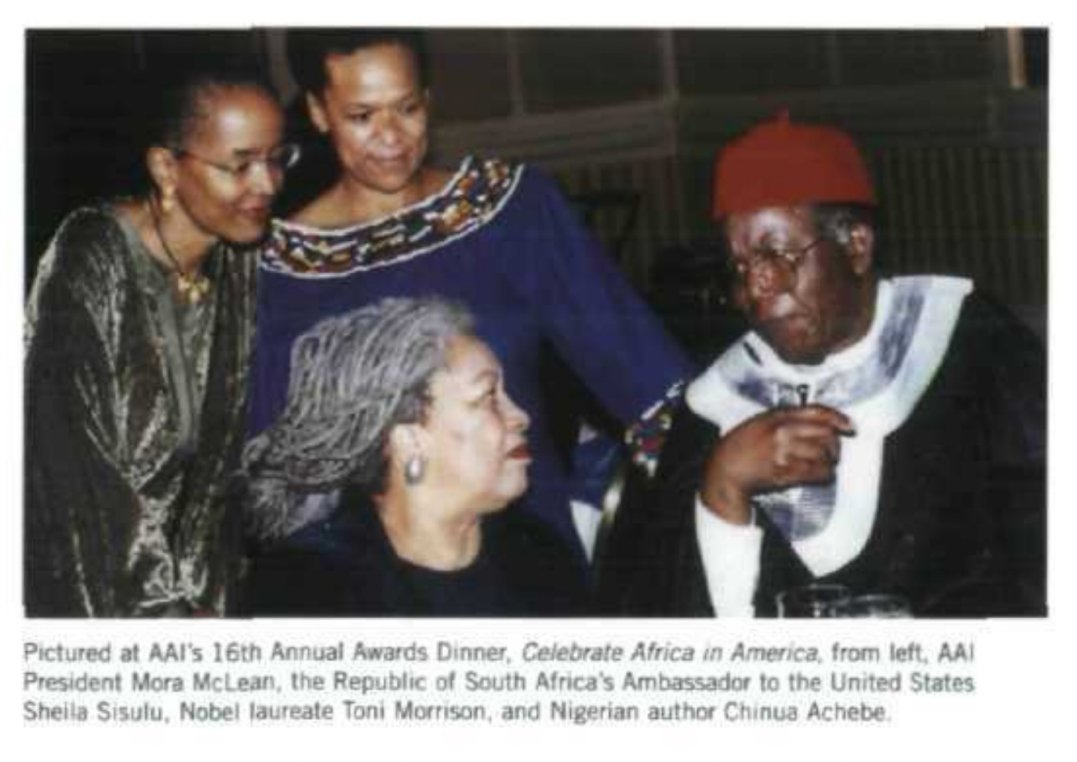Our History
Bridging Africa and its global disaspora since 1953.
William Steen (back left) and E. Jefferson Murphy (center) with AAI co-founders, William Leo Hansberry (back right) and Henrietta VanNoy (front left)
OUR FOUNDERS
AAI was founded by educators dedicated to supporting African and African diasporan students and building the next generation of leaders in the U.S. and Africa.
HORACE MANN BOND
-
An alumnus and the first African American president of Lincoln University in Pennsylvania who served as chair of AAI’s inaugural governing board.
WILLIAM LEO HANSBERRY
-
An African-American scholar of African antiquity and beloved professor at Howard University from 1922 to circa 1962.
HENRIETTA VAN NOY
-
An assistant registrar with responsibility for foreign students at American University in Washington D.C.













